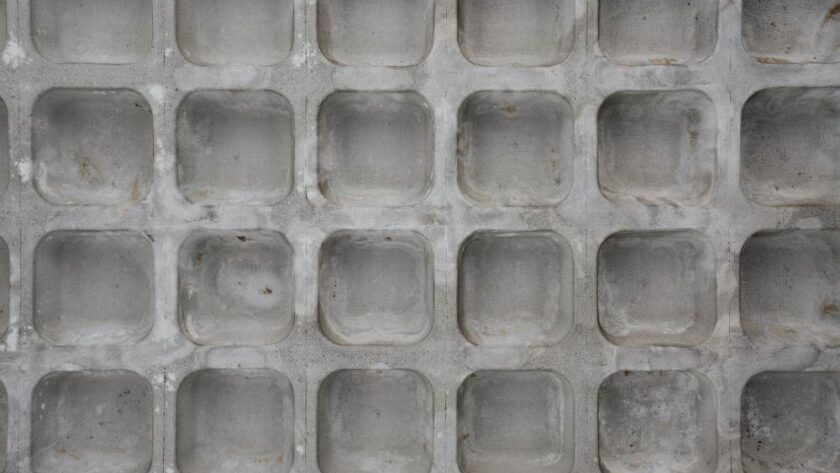Protecting stone and tile surfaces is crucial to maintaining their beauty and longevity. One of the most effective ways to safeguard these surfaces is by using sealers. Sealers are a valuable tool in the arsenal of homeowners and property managers, helping to shield stone and tile from various forms of damage. Explore how these stone tools can help protect stone and tile surfaces, covering five essential aspects of their benefits.
Preserving Aesthetic Appeal
One of the main reasons why homeowners and businesses turn to sealers is to preserve the
aesthetic appeal of their stone and tile surfaces. These surfaces often boast intricate patterns and unique textures that enhance the overall ambience of a space. Without proper protection, these beautiful features can deteriorate over time due to exposure to moisture, stains, and other environmental factors.
Sealers create a barrier that repels liquids, preventing them from seeping into the stone or tile. This not only guards against staining but also helps maintain the original colour and texture of the surface.
Enhancing The Lifespan
Stone and tile surfaces are typically chosen for their durability. However, even the toughest materials can be damaged if not properly protected. Sealers act as a shield against scratches, abrasions, and impact, helping extend your surfaces’ lifespan.
In high-traffic areas such as kitchens and bathrooms, sealers are especially beneficial. They provide an extra layer of defence against the daily grind, ensuring your stone and tile surfaces remain resilient and intact for years. This enhanced durability saves you money on repairs and reduces the need for frequent replacements.
Preventing Moisture Damage
Moisture is a natural enemy of stone and tile surfaces. Over time, exposure to water and humidity can lead to cracks, efflorescence (white, powdery deposits), and even mould growth. Sealers are your best defence against moisture-related issues.
By sealing your stone and tile surfaces, you make a waterproof barrier that prevents moisture from penetrating the material. This is especially crucial in areas like bathrooms and outdoor patios, where constant exposure to water is common. With proper sealing, you can enjoy these spaces worry-free, knowing that your surfaces are protected from the damaging effects of moisture.
Safeguarding Against Stains
Stains are a common concern with stone and tile surfaces, especially in areas prone to spills and accidents. Stains can be quite challenging to remove, whether it’s a spilled glass of red wine on your marble countertop or a dropped saucepan on your porcelain tile floor.
Sealers act as stain repellent, creating a barrier that prevents liquids and contaminants from seeping into the porous surface of stone and tile. This makes it much easier to clean up spills and reduces the risk of permanent staining.
Maintaining The Hygiene Factor
In environments where cleanliness is paramount, such as kitchens and bathrooms, sealers offer an added advantage by contributing to hygiene maintenance. The sealed surface is less likely to harbour bacteria, mould, and mildew, as moisture and contaminants cannot penetrate and thrive within the material.
By maintaining a hygienic environment, you ensure the health and safety of your family or patrons and reduce the need for harsh chemical cleaning agents. This eco-friendly approach aligns with modern sustainability practices and promotes a healthier living or working space.
Conclusion
Sealers are invaluable stone tools in protecting and prolonging the life of your stone and tile surfaces. They offer a range of benefits, from preserving the aesthetics and enhancing durability to preventing moisture damage, safeguarding against stains, and promoting hygiene. By investing in the proper sealing of your surfaces, you not only ensure their longevity but also contribute to a more beautiful, functional, and sustainable living or working space.




